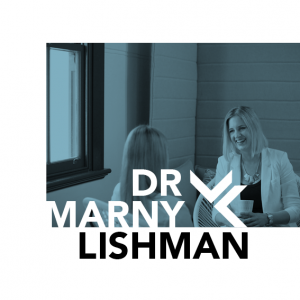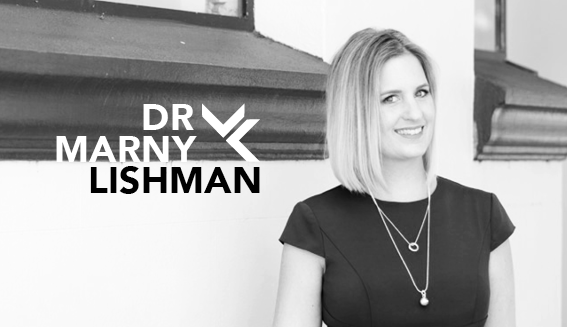This month we talk to Perth psychologist Dr Marny Lishman about her tips for starting the new school year with ease. Marny also shares her experience as a parent of two children starting at a new school this year.
What do you find parents typically experience when their children are starting a new school year?
It’s a time of mixed emotions for many parents (including myself), who have loved the time off and not rushing around as much – but who also are beginning to crave the routine again so that they can get back to work and ‘adulting’! My kids have started a new school this year, and it is completely normal, not just for kids but for parents too, to feel like you don’t know what to expect in this situation. I still feel I haven’t got into the flow of where to park or where to go… it felt like the first day of a new job!
What are the typical causes of anxiety around the new school year for students, particularly those entering a new school or high school?
Usually the anxiety stems from the unknown – the brain often defaults to fear or worst-case-scenario. Children may ask themselves questions like:
“What if I don’t know anyone?”
“What if no one likes me?”
“What if I get lost?”
“What if a have a mean teacher?”
Negative stories from older children and family members can also exacerbate this anxiety.
It’s also a challenge to get back into routine – many children have been ‘free-range’ for the last eight weeks, doing whatever they want, doing fun things, going to bed late… They have not had to sit still, concentrate, stick to a schedule and do things that they may not necessarily be so interested in! This is quite a difficult transition for many children.
What are some signs of anxiety that parents can watch for?
- Mentioning troubles – some kids are quite open and overt about what the dislike/hate/are scared of, and what’s going on for them.
- Uncharacteristic behaviour – some kids can display behaviours that are quite different to what you would normally expect of them – they may be more hyperactive, more angry than usual, more teary or more withdrawn.
- Avoidance behaviours – a common behaviour for many children, if they feel uncomfortable or out of sorts during the first week, they make predict that it’s always going to feel the same way and they might not want to go to school. They may try to get out of going.
- Sleeping disturbances – can’t sleep, waking up during the night.
- Physical symptoms – feeling nauseous, not wanting to eat.
- Regression – some kids may regress with their behaviours and act like did at an earlier stage of childhood (i.e. a Year 7 throwing a tantrum after school; a child wanting to sleep with parents).
What are your tips for ways to cope with anxiety?
- Routine – kids thrive in a routine. If school is quite unknown at the moment and they are still settling into the newness of everything, having stability, duties that are known and certain behaviours that are expected of them at home actually keeps them calmer.
- Playdates – organising playdates with the new kids at school allows them to become familiar with new students so that school doesn’t feel so unfamiliar. Playdates after school also helps release a lot of the stress and anxiety that may have built up throughout the day.
- Positivity – keep home life as positive as you can. Behaviour may be challenging and fatigue will be at an all-time high – so try to reward positive behaviour and ignore the questionable behaviour where possible, until the children are more settled.
- Validation – validate your child’s emotions – you may find they just need listening to and they will be fine after that. Don’t look to solve any problems, just sit and support them.
- Sleep – a sleep routine is very important for children of all ages, as well as good sleep hygiene. Dinner, bath, reading and lights out should happen at the same time each night – sleeping is a learned behaviour and needs to be repeated for it to solidify in the brain. No devices should be in the bedroom at all!
 Find out more about Dr Marny Lishman at her website
Find out more about Dr Marny Lishman at her website

 Find out more about Dr Marny Lishman at her website
Find out more about Dr Marny Lishman at her website